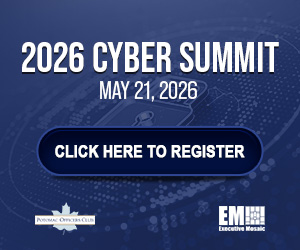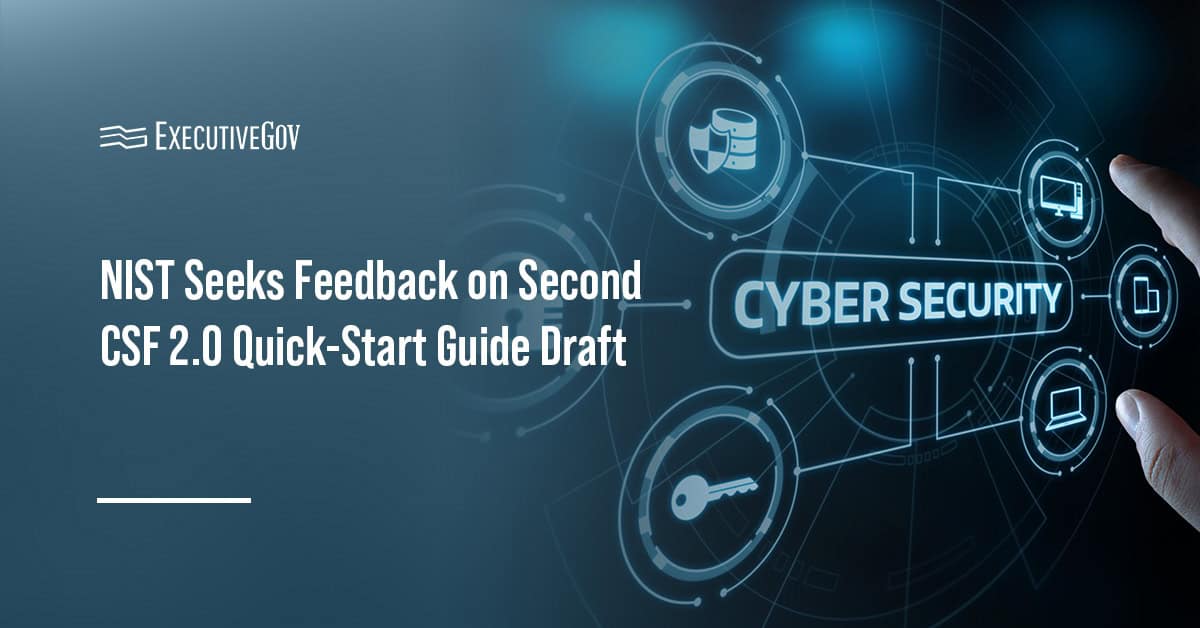The National Institute of Standards and Technology has published a second public draft of its Cybersecurity Framework 2.0 quick-start guide focused on aligning cybersecurity, enterprise risk management and workforce management practices. The updated document, NIST Special Publication 1308 2pd, is open for public comment until Jan. 7, 2026.

NIST’s new draft guidance reinforces the urgency of preparing for rising cyber risks. At the 2026 Cyber Summit on May 21, federal and industry leaders will outline how they’re confronting the threats facing U.S. networks and critical systems. Register now to join this vital cybersecurity discussion.
Table of Contents
What Is the Purpose of the Updated CSF 2.0 Quick-Start Guide?
NIST said the guide outlines how organizations can strengthen communication about cybersecurity risks and plan workforce actions based on real risk conditions and intended mitigation strategies. It emphasizes that cybersecurity workforce capacity and competency should be treated as core elements of cyber risk, not separate personnel issues.
How Does the NIST Draft Support CSF 2.0 Implementation?
Part of a resource series released since February 26, 2024, the latest publication joins the portfolio of CSF 2.0 quick-start guides. According to NIST, the resources provide customized pathways for various audiences to effectively engage with the CSF 2.0.
The new draft draws from three primary resources: the CSF 2.0, the NICE Workforce Framework and the NIST Interagency Report 8286 series on cybersecurity-ERM integration. It presents a streamlined process that begins with scoping organizational mission context and critical assets, and then aligning ERM, cybersecurity and workforce inputs to create current and target CSF profiles.





